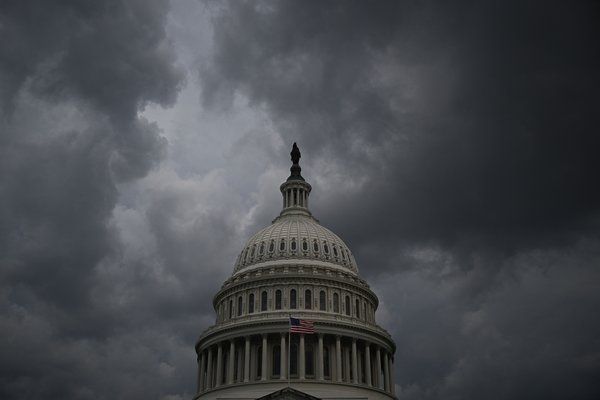URGENT UPDATE: The U.S. national debt has officially surpassed $37 trillion, a staggering milestone that raises significant concerns about the nation’s financial future. The U.S. Treasury Department confirmed this historic figure on October 16, 2023, marking a critical moment in economic history.
This unprecedented surge in national debt poses immediate implications for taxpayers and the overall economy. Experts warn that the escalating debt could lead to higher interest rates, increased borrowing costs, and potential challenges in funding essential government programs.
The debt has ballooned in recent years, fueled by extensive government spending in response to economic crises, including the COVID-19 pandemic. As the nation grapples with inflation and rising interest rates, the burden of this debt could exacerbate financial strain on American families and businesses.
With this new record, officials are urging for urgent discussions on fiscal responsibility and sustainable economic policies. The implications of a $37 trillion debt extend beyond numbers; they affect the daily lives of citizens, influencing everything from mortgage rates to job growth.
Next steps: Lawmakers are expected to face intense pressure to address the debt crisis in upcoming sessions. Stakeholders are calling for a comprehensive review of spending and revenue strategies to mitigate the risks associated with this growing debt.
Stay tuned for further developments as this story unfolds and as officials respond to this critical economic challenge. The urgency of this situation cannot be understated—Americans are watching closely as the government navigates this unprecedented financial landscape.





































































